Simple Steps To Reduce COVID Stress
There are many ways to ease the pressure you are feeling because of the coronavirus.
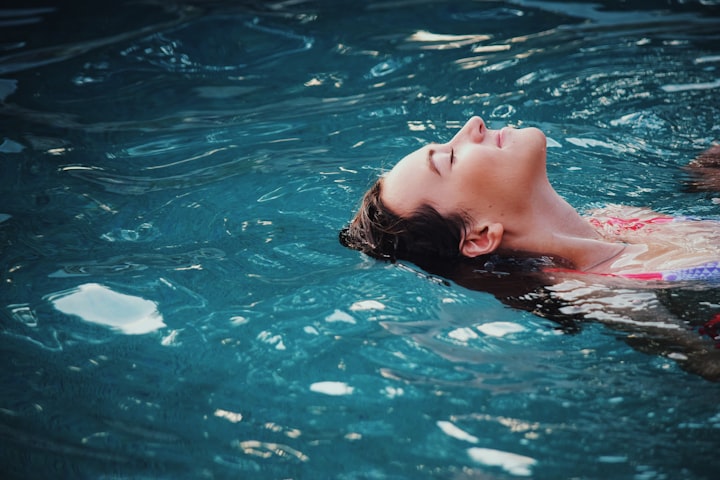
Just don't do it
Comedian Henny Youngman once told a joke that went as follows: Patient: "Doctor it hurts when I do that." Doctor: "Then don't do that." This zinger makes really good sense when it comes to protecting yourself from unnecessary stress. I have listened to so many people say that they are troubled each time they watch news reports of COVID deaths and other related issues. I want to shout, "Don't watch the news." This may sound trivial but it's true. If it hurts when you do it, then just don't do it. It's important to not allow that which will harm you to get into your mind or your spirit. Turn off the television or the news and take a break from social media.
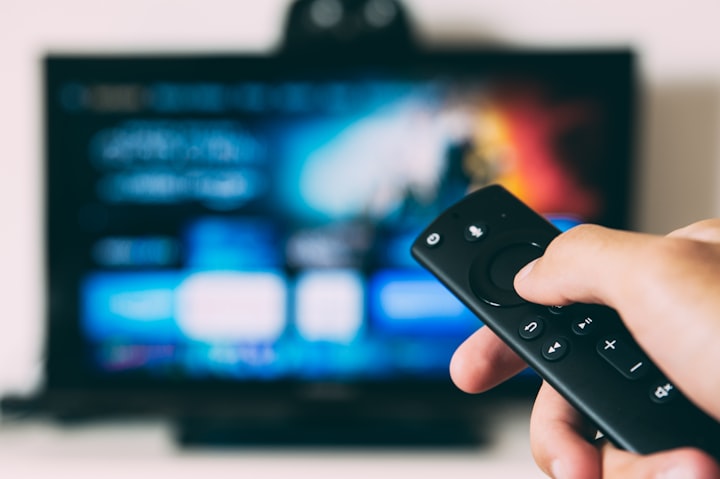
Blow the carbon out
My husband used to take our vehicles for long rides on the Interstate for the express purpose of blowing out the carbon. He said that city driving, with a lot of stopping at signs and lights, along with short journeys was not good for automobiles. Likewise, if you are doing more sitting, sleeping, and less moving you could become sluggish. Take a walk as often as you can to clear your mind and keep your body strong. If you can't get out then walk through your house. A good habit to practice is walking during television commercials, which can be as much as 5 minutes long.

One hour ( or more) of power
If you find that you are extremely busy and unable to wind down at night to go to sleep, try getting at least one hour in each day where you do nothing at all. Rest, sleep, read a book, or watch a movie. Find yourself a comfortable spot, be it a chair, the bed, or a couch. Make sure you are wearing something that's not too tight and give yourself that time period to rest your mind and body. You might be amazed at the difference that one hour of time can make.
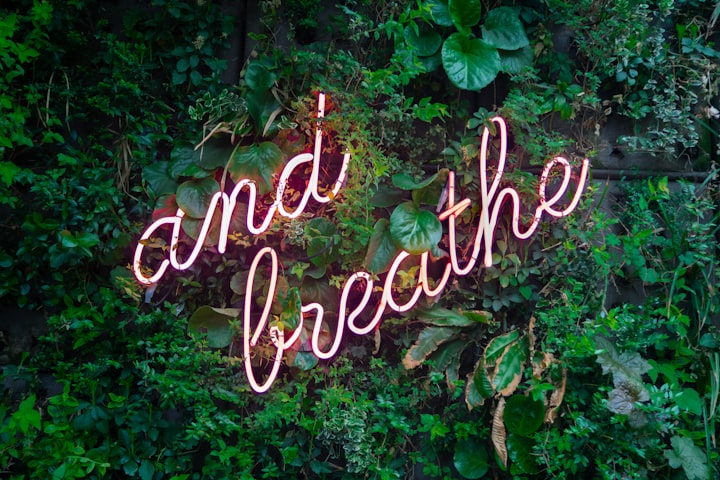
Breathe
Whenever you feel your stress level increasing, try deep breathing. The simplest way to do this is to close your eyes and breathe in slow and deep through your nose. Hold the breath for about 4 or 5 seconds then slowly blow it out through your mouth. Throughout the day do this in sets of 10 and pay attention to how quickly you begin to feel less anxious.
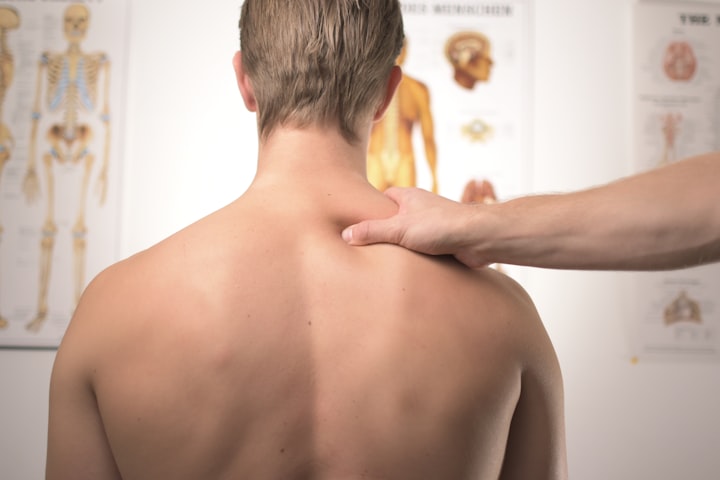
Tap, rub, massage
Tap your fingers or your toes when you are feeling stressed. Tap your cheeks, eyelids, and your chin for 2 or 3 minutes at a time. and massage certain body parts. Grab your earlobes between your thumb and forefinger and rub for 3 minutes. Gentle massage your face, neck, and chest area for a few moments several times a day. Using your left hand juggle then skin just under your armpit, then do the left arm with the right hand. This helps to keep the lymph nodes healthy and remove toxins from your body. If you have a spouse or significant other you will benefit by massaging each other's shoulders, neck, and back.
Walk away
Walk away from arguments and choose to be peaceful. End phone conversations that are making you anxious. Excuse yourself from people in public places who try to draw you into conversations that make you uncomfortable. Any time you feel distressed just stop what you are doing and walk around your house, your yard or neighborhood.
Liquid hydration, inside and out
Sometimes you might feel bad because you are sweaty and tired. Take a shower and put on cool loose clothing. This is a great pick me up. During hot weather, you might be dehydrated and not even realize it. Keep bottled water, plain or flavored in the fridge and drink often. Cooling down your outer body works just like drinking water refreshes your inside. If you don't have time for a shower, run cool water on a cloth and put it on your forehead. Carry a spritz bottle filled with water that you can use when you feel sluggish.
A word of caution
These simple tips should assist you in feeling better but if you find yourself depressed or having negative thoughts please contact your healthcare provider. Self help strategies are not to take the place of a medical doctor or medication. If you are on prescription drugs please do not stop taking them without talking to your doctor. Even if you begin to feel better after these self help tips do not stop seeing your doctor or therapist. Continue with whatever your regimen is and discuss the situation at your next appointment.
About the Creator
Cheryl E Preston
Cheryl is a widow who enjoys writing about current events, soap spoilers and baby boomer nostalgia. Tips are greatly appreciated.


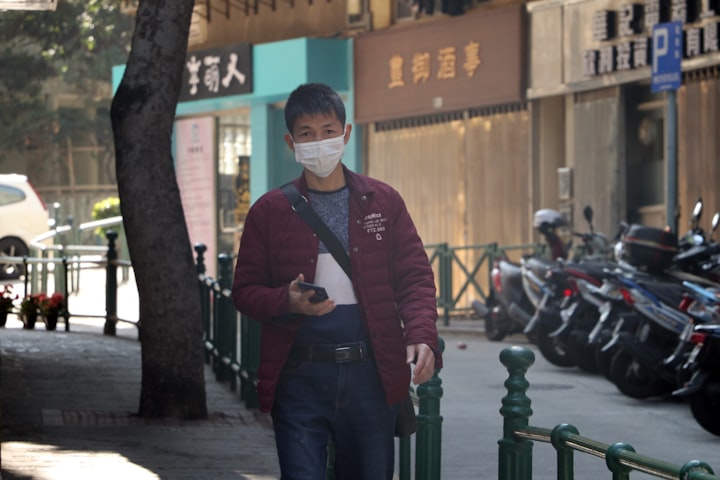



Comments
There are no comments for this story
Be the first to respond and start the conversation.